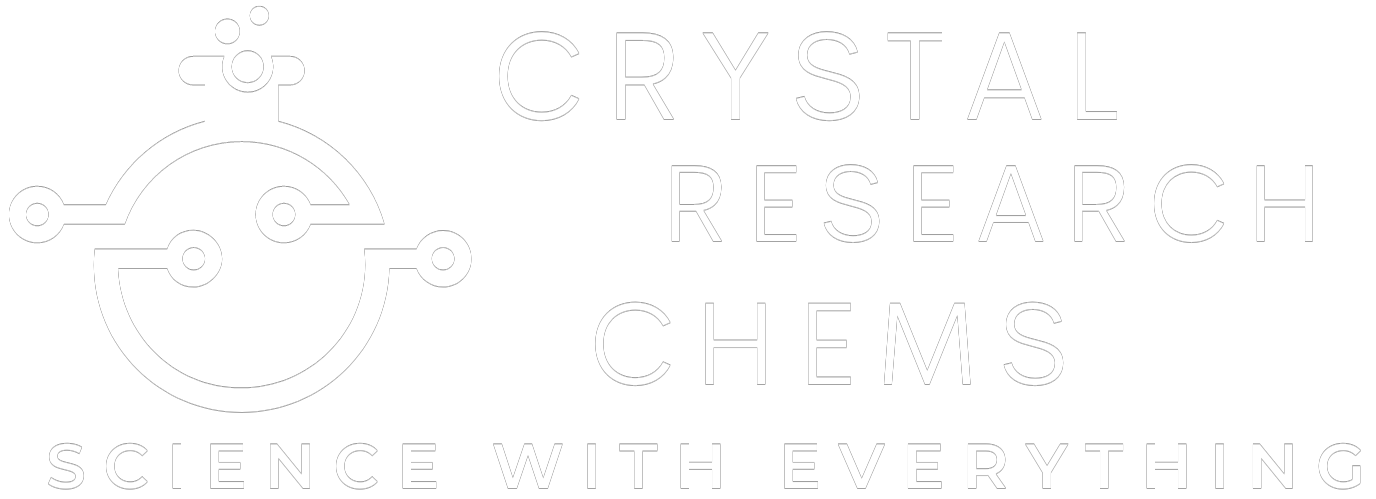The universe is a vast and wondrous place, full of mysteries that we have been trying to unravel for centuries. Our quest to understand the origins of life and the universe has led to countless theories, some plausible, some improbable, and some downright bizarre. In this article, we will explore some of the most interesting and thought-provoking theories about the universe.
One of the most well-known theories on the origin of the universe is the Big Bang theory. It suggests that the universe began with a massive explosion around 13.8 billion years ago. This explosion caused the universe to expand rapidly, and it continues to expand to this day. The Big Bang theory is widely accepted by the scientific community, and it is supported by various pieces of evidence, including the cosmic microwave background radiation, which is considered a remnant of the early universe.
Another theory that has gained popularity in recent years is the idea that the universe is a simulation. This theory suggests that we are all living in a virtual reality, created by advanced beings with technology that is beyond our current understanding. This idea has been popularized by science fiction movies and video games, but some scientists have also explored the possibility that our reality is just a simulation. However, there is currently no evidence to support this theory, and it remains a topic of debate among scientists and philosophers.
The concept of multiple universes, or a multiverse, is also a popular theory. The multiverse theory suggests that there are many parallel universes, each with its own set of physical laws and properties. This theory is supported by some interpretations of quantum mechanics, and it has been explored in various works of science fiction. However, there is currently no empirical evidence to support the existence of multiple universes, and it remains a topic of speculation among scientists and cosmologists.
The theory of intelligent design suggests that the universe was created by a higher power, such as a divine being. This theory is often associated with religious beliefs and has been used to argue against the theory of evolution. However, it is not a scientific theory and is not supported by any empirical evidence.
Another theory that has gained popularity in recent years is the idea that life on Earth may have originated from outer space. This theory, known as panspermia, suggests that life may have been transported to Earth on comets or asteroids. Some scientists have proposed that this theory may explain the origin of life on Earth, as it would be difficult to explain how life could have arisen spontaneously from non-living matter.
One of the more bizarre theories on the origin of the universe is the idea that it was created by a giant cosmic turtle. This theory has its roots in Hindu mythology, where it is believed that the universe rests on the back of a turtle. While this theory may seem far-fetched, it is a testament to the rich cultural and mythological traditions that have been passed down through the ages.
Another theory that has been explored in science fiction is the concept of a time loop, where time is cyclical and events repeat themselves indefinitely. This idea has been explored in various movies and TV shows, and it has also been explored in scientific research. Some scientists have proposed that the universe may be caught in a time loop, where events repeat themselves over and over again. While this theory is still purely speculative, it is an interesting concept that raises questions about the nature of time and the universe.
The concept of parallel dimensions, or a multiverse, has also been explored in various works of science fiction. This theory suggests that there are many different dimensions, each with its own set of physical laws and properties. While there is no empirical evidence to support the existence of parallel dimensions, it remains a popular topic in science fiction and theoretical physics.
Finally, the theory of cosmic consciousness suggests that the universe is alive and conscious, and that all living beings are connected to this consciousness. This theory has its roots in Eastern philosophy and has been explored in various works of science fiction. It suggests that the universe is not just a collection of physical objects but is also a vast interconnected web of consciousness.
While some of these theories may seem far-fetched or even downright ridiculous, they are a testament to the human imagination and our desire to understand the universe. Science has made tremendous strides in our understanding of the origins of life and the universe, but there is still much that we do not know. These theories remind us that there is still much to explore and discover, and they inspire us to continue asking questions and seeking answers.
In the end, the quest to understand the universe is an ongoing journey, full of wonder, curiosity, and awe. It reminds us of the vastness and complexity of the universe, and it encourages us to continue pushing the boundaries of our knowledge and understanding. Who knows what new theories and discoveries await us in the future? Only time will tell, but one thing is certain: the universe will continue to inspire and amaze us for generations to come.

